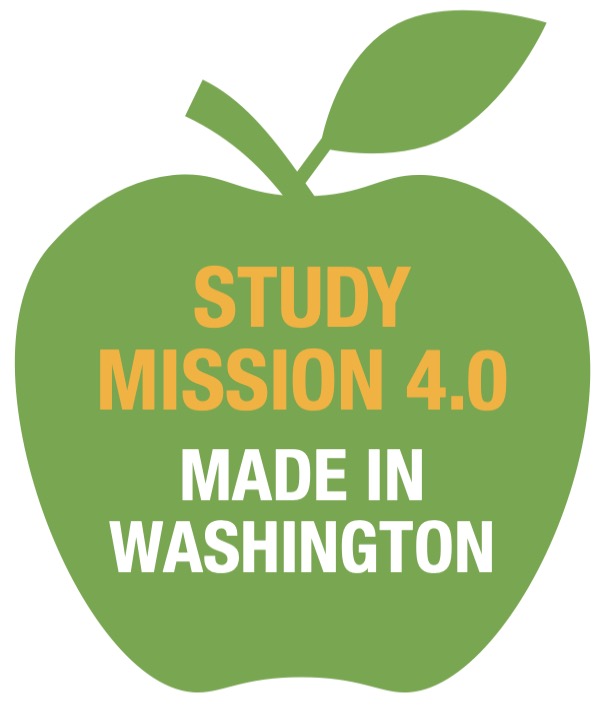Because we celebrate advances in clean energy innovation – especially when they are here in Washington state – we congratulate Dr. Ji-Guang (Jason) Zhang of the Department of Energy’s Pacific Northwest National Laboratory (PNNL) in Richland for winning the Department of Energy Lab Innovator of the Year Award.
 Ji-Guang (Jason) Zhang holds a vial of material specially created to store energy. Zhang, a materials scientist, has been honored both for his research and for his efforts to make new technologies available more quickly. (Photo by Andrea Starr | Pacific Northwest National Laboratory)
Ji-Guang (Jason) Zhang holds a vial of material specially created to store energy. Zhang, a materials scientist, has been honored both for his research and for his efforts to make new technologies available more quickly. (Photo by Andrea Starr | Pacific Northwest National Laboratory)
According to PNNL, “Dr. Zhang is at the forefront of efforts to produce an EV battery that can pack more energy and last longer. That’s not all. He and colleagues at PNNL and throughout DOE are also working on batteries that are lighter, built of materials that are abundant and readily available, and less expensive to produce.”
“Dr. Zhang is part of a cohort of PNNL scientists who have vaulted PNNL into international leadership in battery research. Its scientists are creating new ways to keep batteries working in very hot or cold weather, exploring combinations of materials that could be more effective, and developing new technologies to store renewable energy for the grid. Later this summer, PNNL will formally open the Grid Storage Launchpad, a new facility to create and test technologies to store energy to keep the grid stable and resilient. Zhang and other battery researchers will continue to advance batteries for transportation applications.”
On the Clean & Prosperous Institute Made-in-Washington September study mission, we will be among the first to tour the newly-opened Grid Storage Launchpad.

“GSL will allow us to take new technologies from development of basic materials to testing of 100 kilowatt systems under real-world conditions,” said Vince Sprenkle, an advisor at PNNL who leads the PNNL’s energy storage research efforts. “Energy storage is needed to improve resilience and reliability in a decarbonized energy system, and GSL will get us there.”
Because the Cap-and-Invest Climate Commitment Act invests in clean energy innovation, the PNNL, University of Washington Clean Energy Testbeds, Washington State University Tri-Cities Institute for Northwest Energy Futures, and other hubs of research & development across the state receive critical funding from the CCA.
